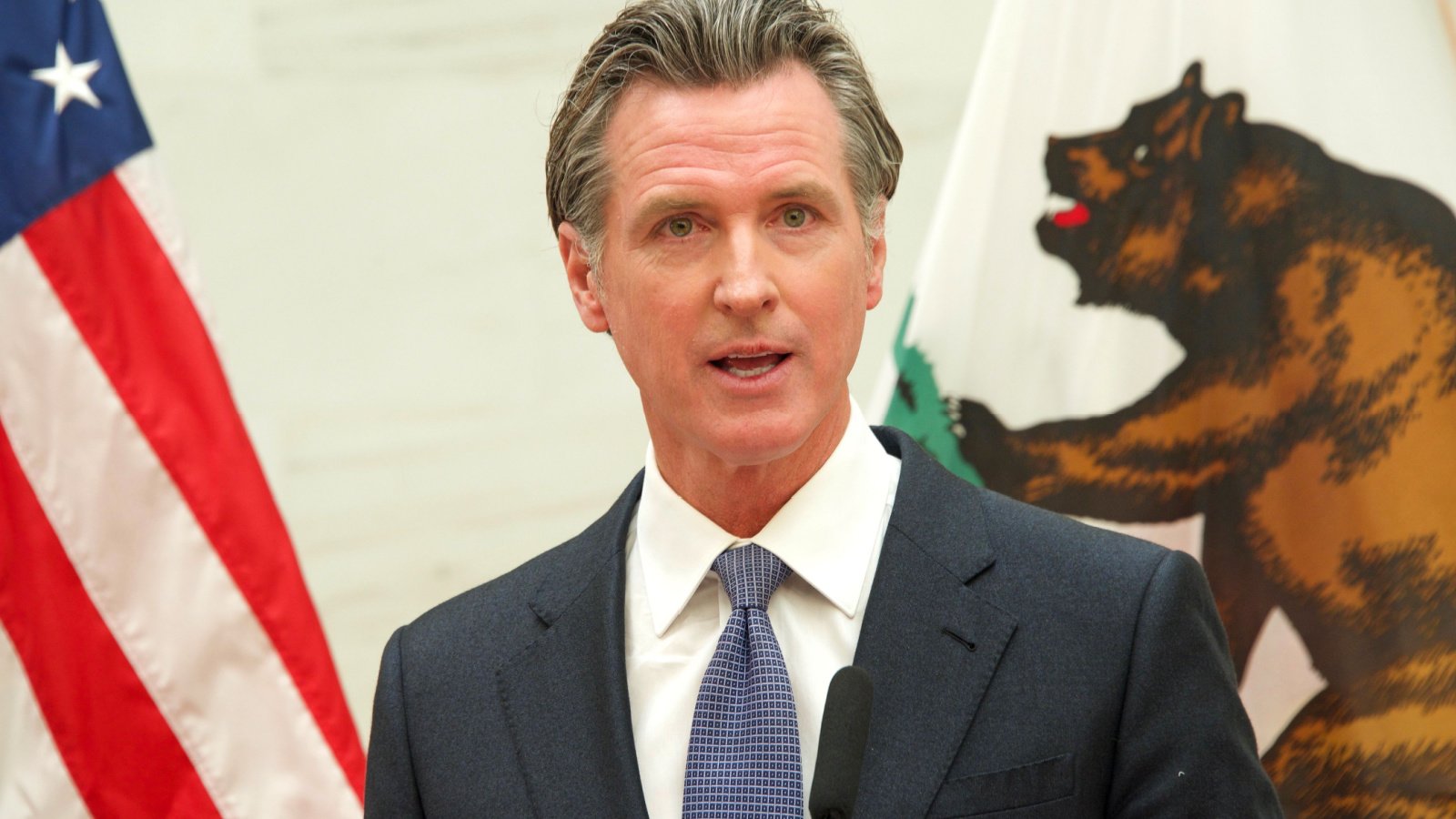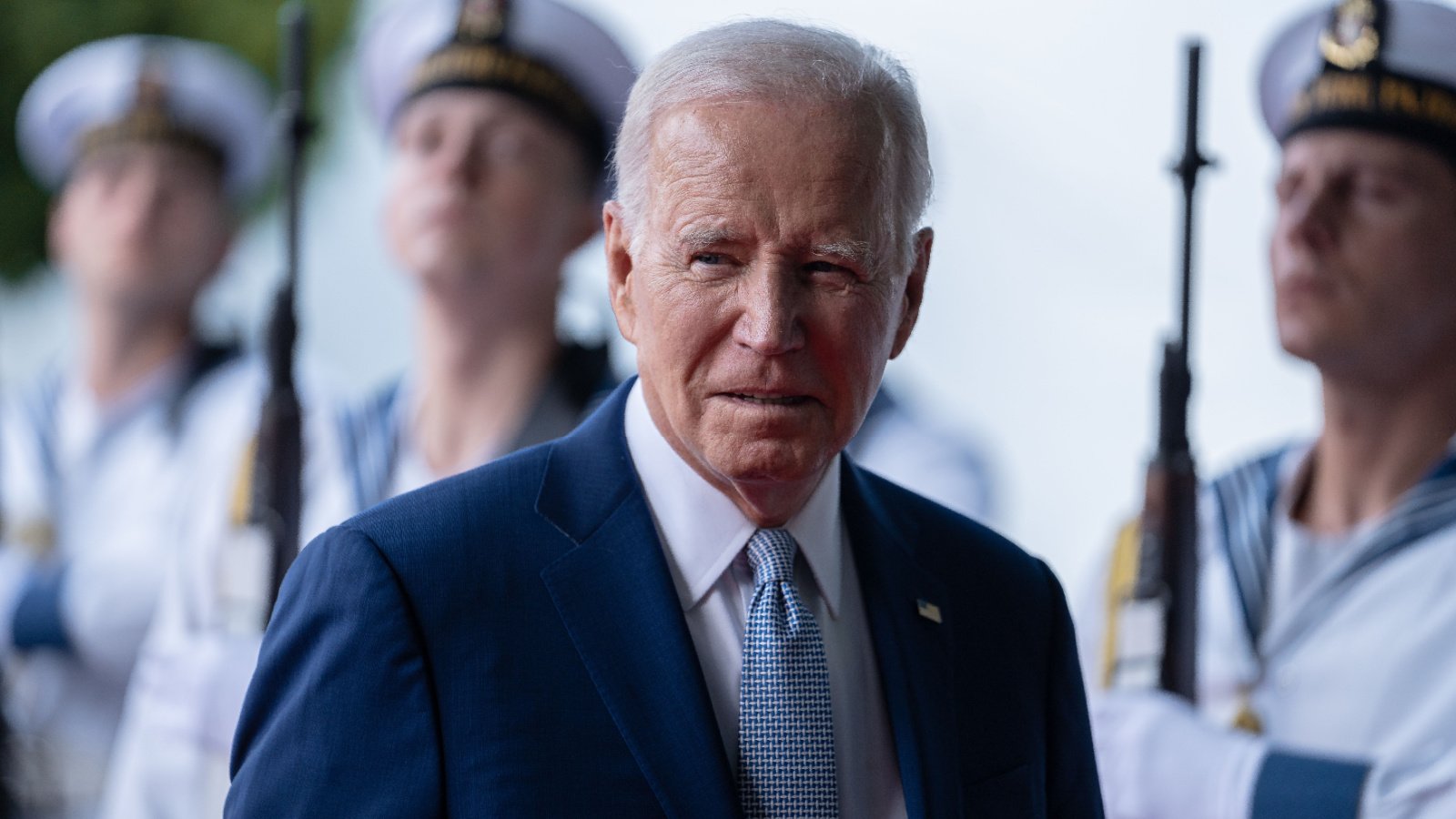California’s recent decision to set a $20 minimum wage for fast food workers is stirring conversations across the state and causing other industry workers to argue for their own increases as well. While some cheer it as a victory for workers in a high-cost living area, others argue it could strain small businesses and increase consumer prices.
Wage Expansion Advocacy
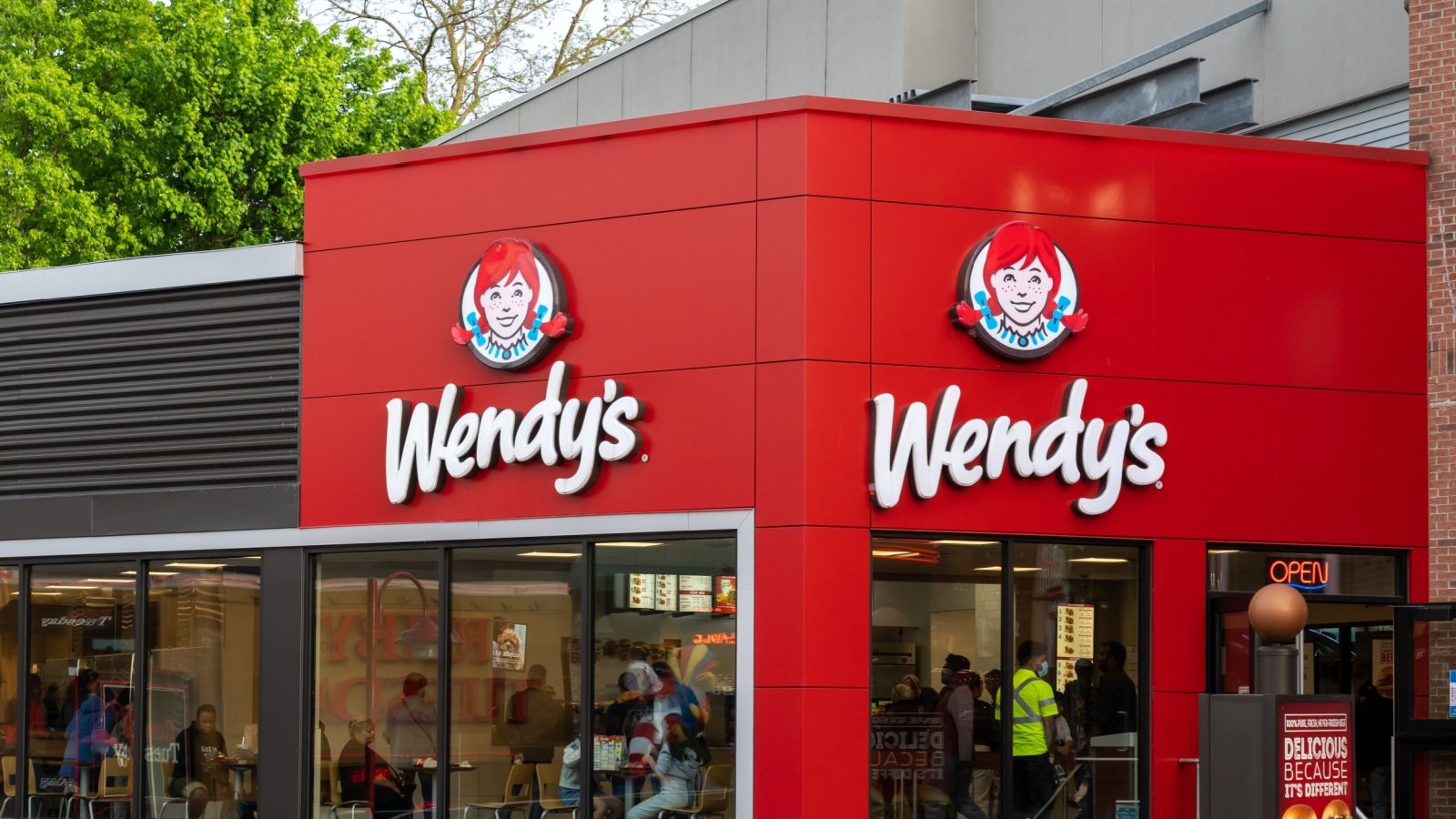
A group championing fair wages is pushing for the new $20 minimum wage for California fast food workers to be adopted across all sectors. This move aims to alleviate the financial pressures faced by workers due to the state’s soaring cost of living.
Addressing Economic Insecurity
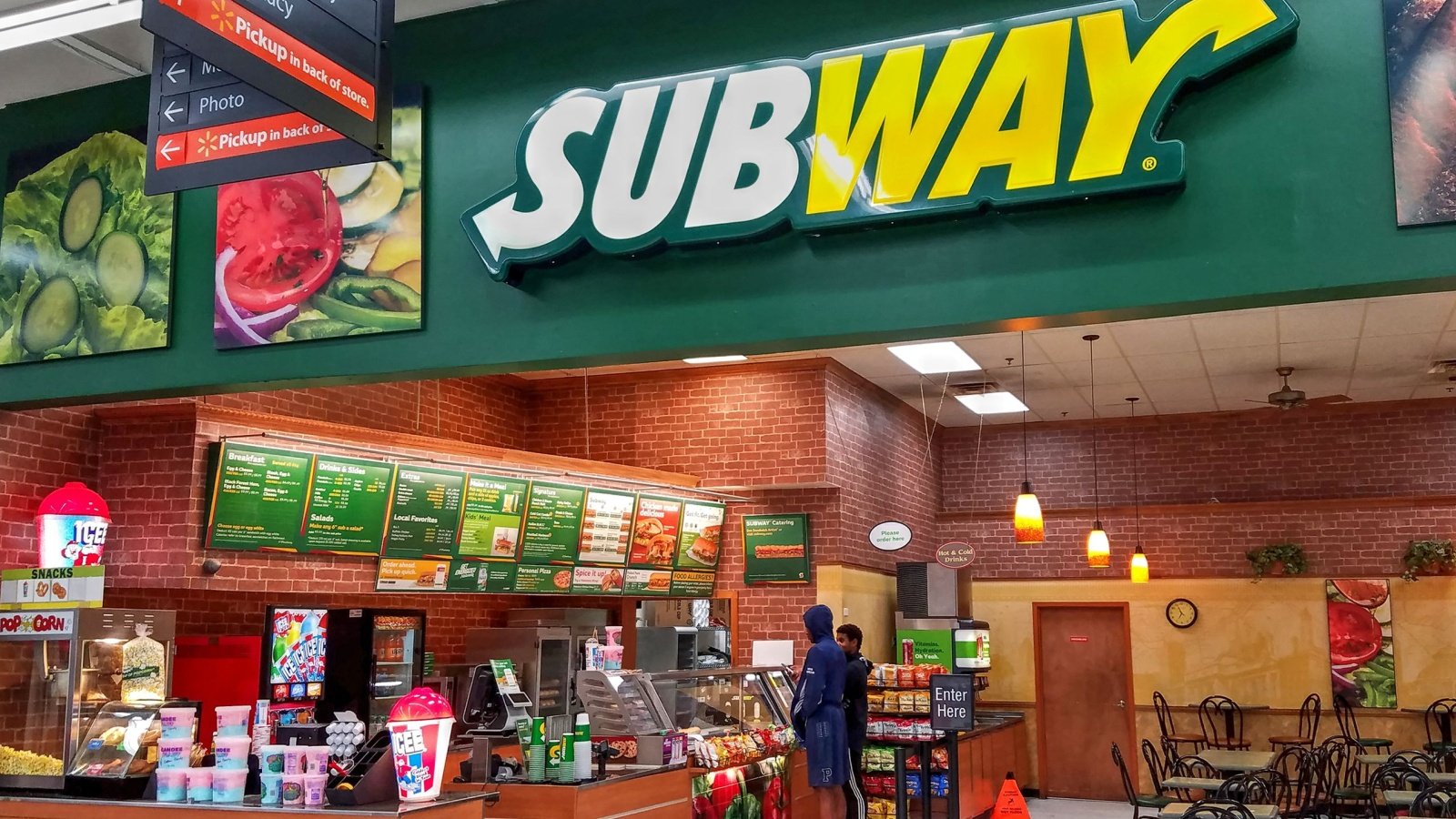
According to Saru Jayaraman, the president of One Fair Wage, the recent wage increase for fast food workers is merely a stepping stone. She highlights the grim economic realities in California, noting that in some regions, a $40 hourly wage is necessary to maintain a basic standard of living.
Population Challenges
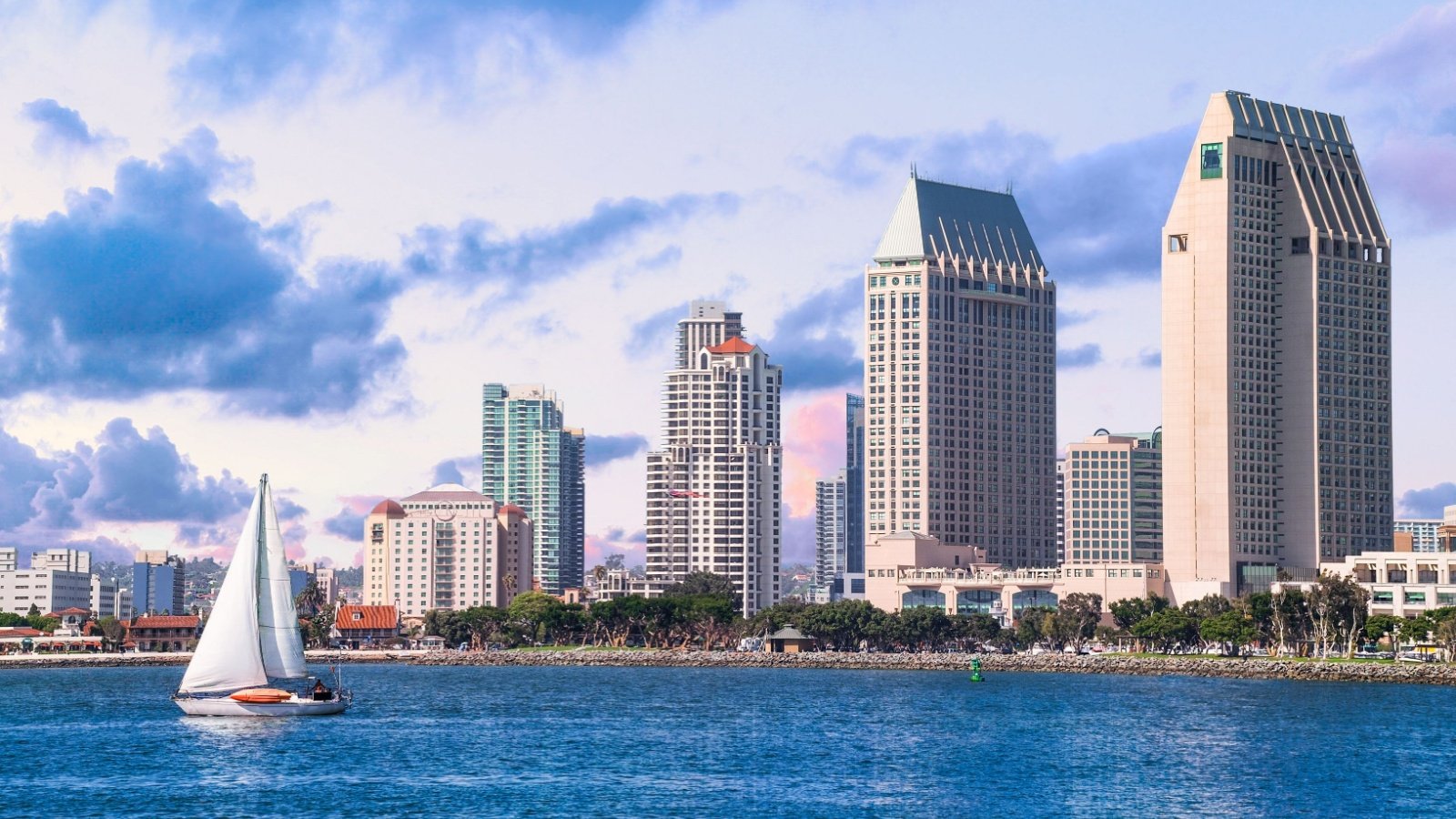
The high cost of living in California is causing residents to reconsider major life decisions, such as starting families. Jayaraman emphasizes the urgency of addressing these fundamental human needs to prevent a deepening statewide crisis.
Implementation of Wage Law
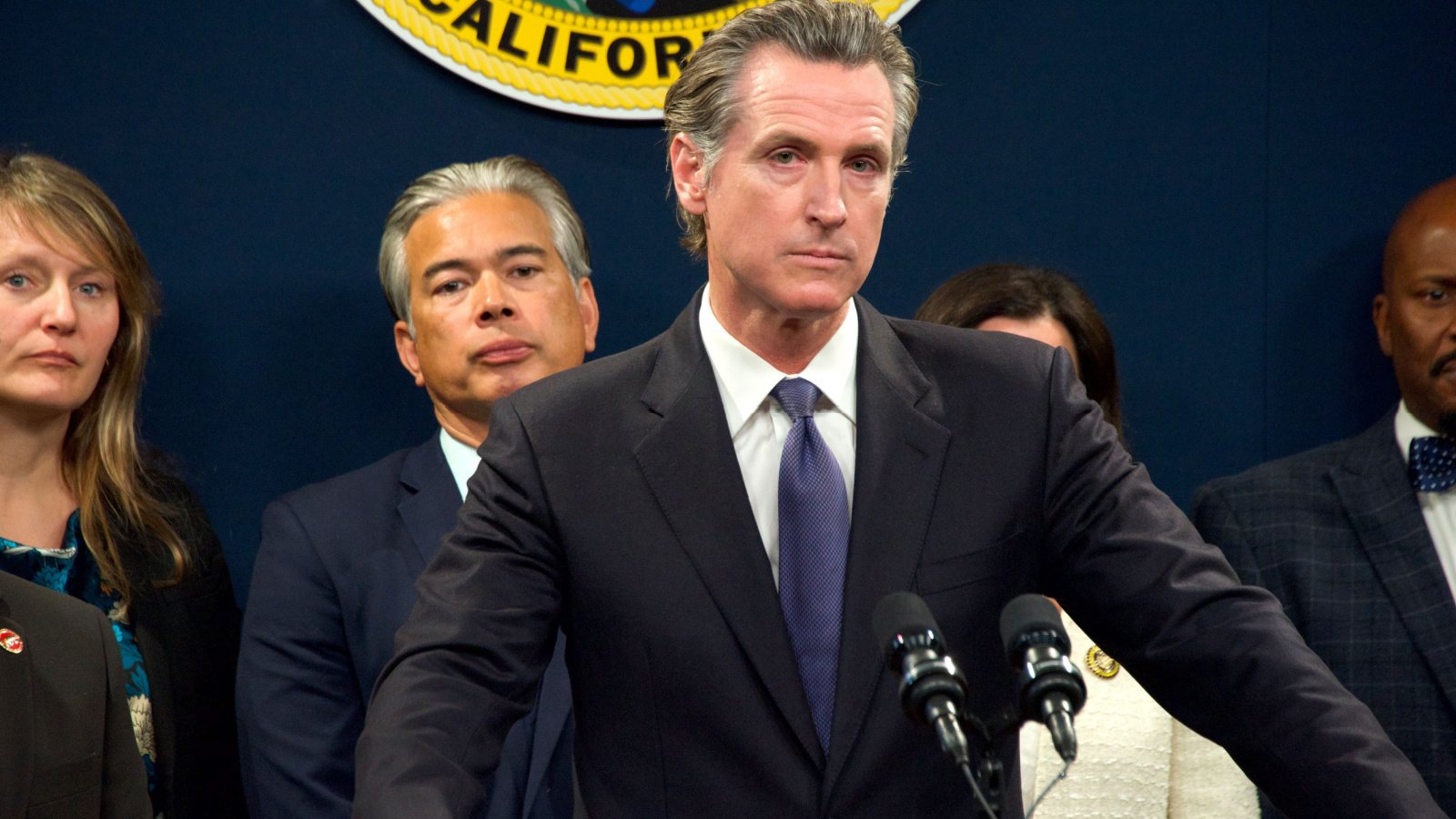
Governor Newsom’s recent signing of AB 1228, effective this month, sets a $20 minimum wage for large fast food chains. The law targets establishments with over 60 locations nationwide.
Industry Backlash

As the law rolled out, voices from the restaurant industry predicted severe impacts on small businesses and consumer prices. Owners expressed concerns about potential layoffs and the viability of their businesses under the new wage structure.
Skepticism Over Business Impact

Despite warnings from business owners about catastrophic job losses and economic downturns, Jayaraman remains skeptical. She refutes these claims with evidence from previous minimum wage hikes, which have not resulted in the dire outcomes predicted by some industry insiders.
Economic Ripple Effect

Jayaraman advocates for the ripple effects of raising the minimum wage, suggesting that higher earnings for workers lead to increased spending and economic stimulation. She posits that this cycle is vital for industry growth and overall economic health.
Inflation and Wage Stagnation

Addressing concerns that higher wages might lead to increased consumer prices, Jayaraman points out that prices have already escalated due to inflation, independent of wage hikes. She argues that maintaining wage growth is essential to prevent workers from leaving the state or facing other severe economic hardships.
Small Businesses and Wage Policies

Jayaraman notes the proactive role of small businesses in supporting higher wages, countering the narrative that wage increases harm small enterprises. She emphasizes the need for policies that provide a fair competitive environment, encouraging more workers to stay in the restaurant industry.



